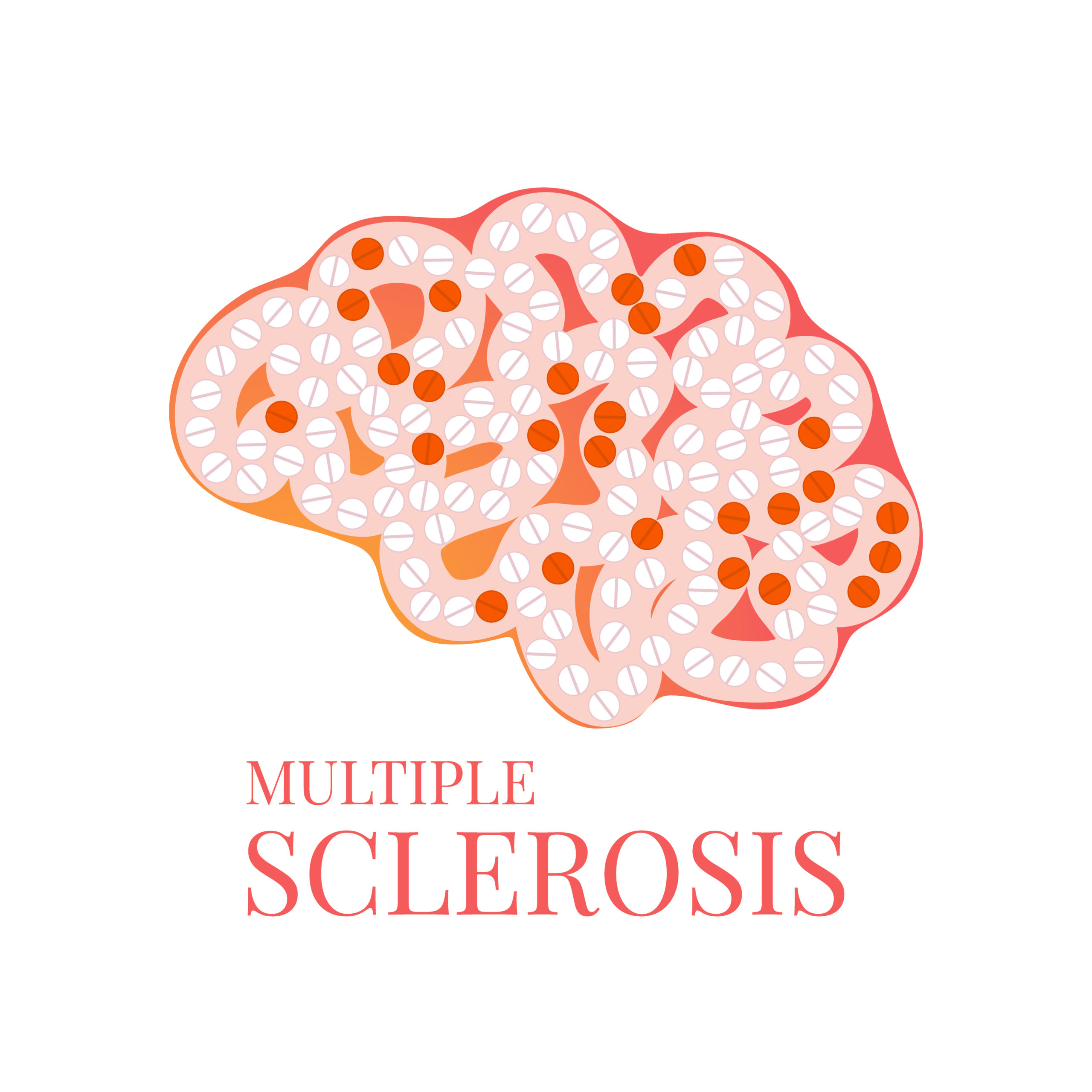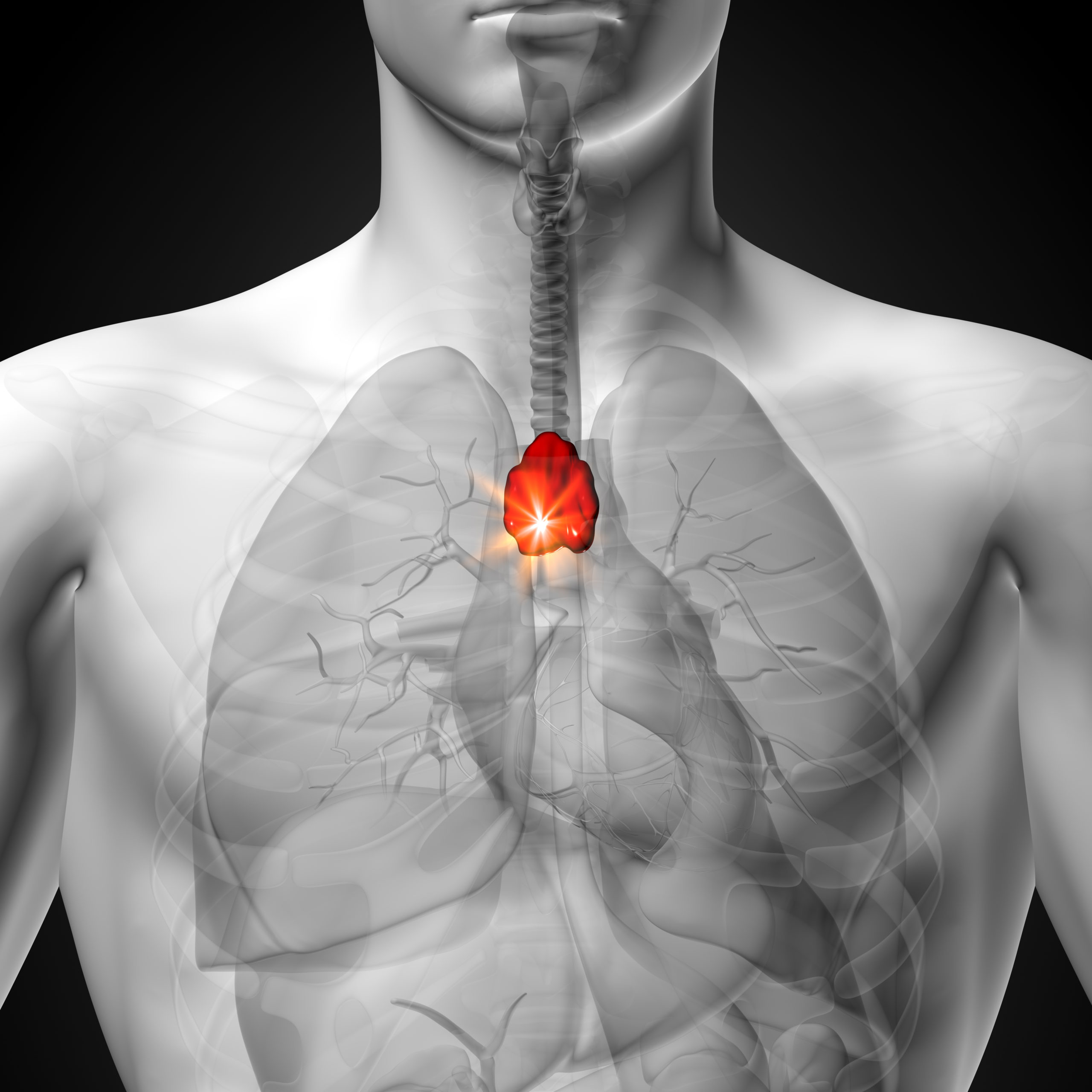
Can the use of the hypertension drug rilmenidine elongate healthier lives?
February 9th, 2023Research has revealed that the commonly prescribed hypertension drug rilmenidine has proven to slow down the ageing process. The biological effects of the drug’s composition mimic the benefits of eating a calorie-restricted diet. A diet that is considered to be the most robust anti-ageing intervention, delaying ageing and promoting longevity.
The idea of repurposing the hypertension drug rilmenidine is a new addition to the list of possible medical interventions to elongate healthier lives.
A research article about the link between rilmenidine and longevity was published on the 20th of January 2023 in the Aging Cell online library. It reveals that rilmenidine extends lifespan and health span in roundworms via a nischarin I1-imidazoline receptor. Professor Joao Pedro de Magalhaes from the University of Liverpool in the UK led an in-depth study and tests were done on old and young Caenorhabditis elegans worms that have the same genes as humans. The roundworms were given rilmenidine, and the test results revealed a decline in ageing. On completing his research, Professor Joao Pedro de Magalhaes said: “With a global ageing population, the benefits of delaying ageing, even if slightly, are immense.” The professor continued to explain: “For the first time, we have been able to show in animals that rilmenidine can increase lifespan. We are now keen to explore if rilmenidine may have other clinical applications.”
As part of their experimental testing, mice were also given rilmenidine and they showed transcriptional changes in their liver and kidney function similar to that of a calorie-restricted diet. It’s encouraging news.
Scientists have long searched for known compounds that elicit a similar gene expression signature to caloric restriction.
Whilst the study has given us strong evidence that rilmenidine could be a game changer and we have the same genes as roundworms, more research is needed to conclude if the repurposing of the hypertension drug rilmenidine can elongate healthier lives for humans. The potential is there.
One of the reasons that scientists are excited about the findings is the fact that rilmenidine has been clinically approved for a long time and is commonly used for symptoms such as high blood pressure. Rilmenidine is marketed as Albarel, Hyperium, Iterium and Tenaxum and the drug is known to not have many side effects, any of which are non-severe such as palpitations, insomnia or drowsiness.
Why is it so important for scientists to keep researching and testing?
Globally, individuals 65 years and over are the fastest-growing demographic group. In 2000 the average life expectancy was 66.8 years, and in 2019 it went up to 73.4 years. The fast growth has resulted in a big increase in age-related illnesses and chronic diseases putting more stress on healthcare systems around the world. Those statistics alone are enough to justify the need to keep researching longevity because, as Professor Joao Pedro de Magalhaes explained, the benefits of delaying ageing, even if slightly, are immense.
Read the full details about the research and findings here.








